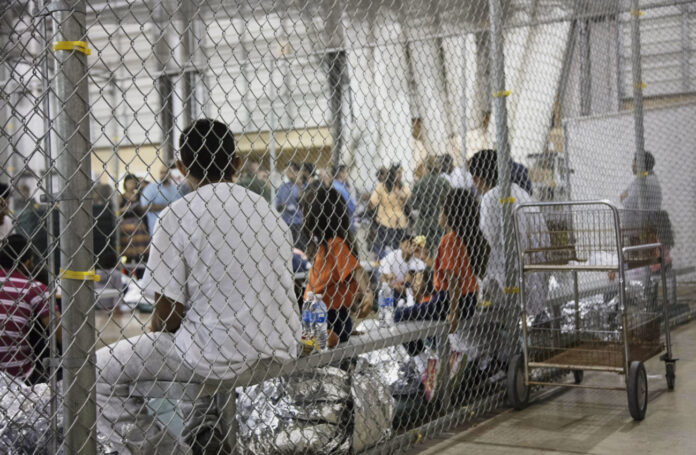According to a new report from the Transactional Records Access Clearinghouse, or TRAC, between February and April, new criminal prosecutions dropped by 80%, from 13,843 during February, before federal shutdowns to control the spread of COVID-19 began, to 2,824 new criminal prosecutions in April 2020.
The report details two factors contributing to the steep decline; federal criminal referrals dropped by more than 50% between February and April, from 17,593 recorded criminal referrals in February, to 7,926 referrals in April 2020.
The second factor outlined by TRAC’s report states that of those referrals, prosecutors were only filing suit on “relatively few.”
During February, prosecutions were at 78%, or 13,843 prosecutions, but by April prosecutions were down to 2,824, at 37.5% prosecutions of the nearly 8,000 referred to prosecutors.
Drug-related prosecutions were also down, from 1,655 in February, to only 549 in April, the report states.
New immigration criminal prosecutions were down 86%, according to the report, from 8,482 new criminal prosecutions in February, to only 1,088 prosecutions in April.
In February, Immigrations and Customs Enforcement submitted to federal prosecutors 1,415 new criminal referrals, with 1,212 of those prosecuted. In April, referrals from ICE to federal prosecutors sharply dropped to only 743, the report stated.
U.S. Customs and Border Protective made 7,714 referrals to government prosecutors in February, but since the shutdowns those referral numbers have dropped, with only 743 in April, the report stated.
CBP officials said they would diverge from its normal protocols when encountering immigrants found attempting to cross into the country illegally.
In March, CBP officials said the agency would begin to release the families held in the Rio Grande Valley sector with a notice to appear, as opposed to an ICE facility.
Citing limited space at their processing centers, and subsequent safety concerns for U.S. Border Patrol agents and migrants held at the facilities, the agency said at the time it would only detain and arrest those immigrants they encountered with a prior criminal history.
See TRAC’s Report: https://trac.syr.edu/tracreports/crim/609/





